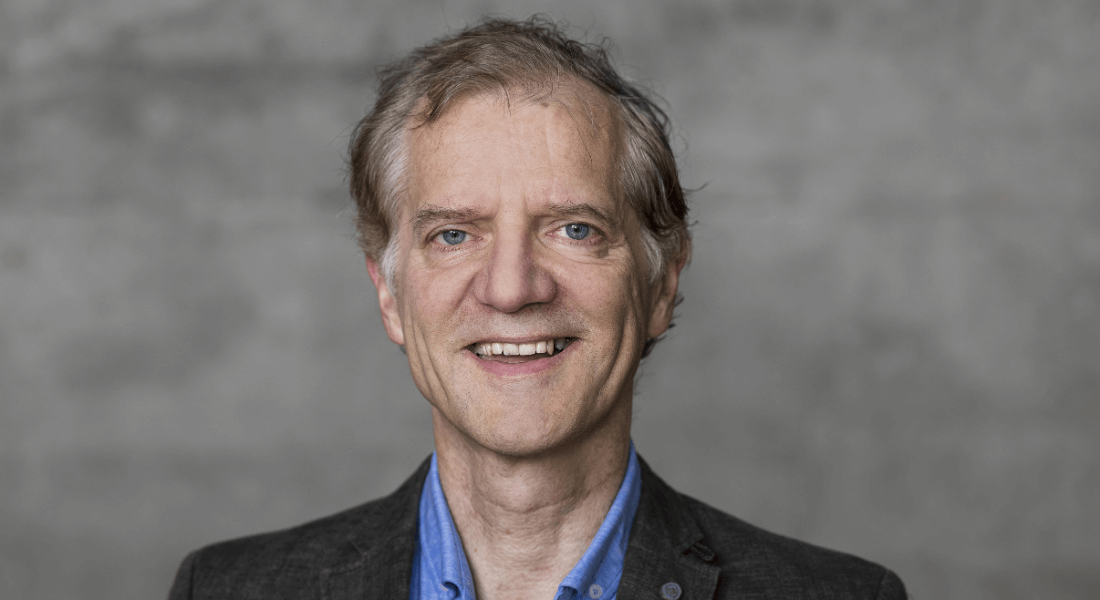Matthias Mann receive prestigious award for pioneering protein research
The jury recognizes Dr Mann’s pioneering work in the field of proteomics and in particular the significant and groundbreaking technologies for studying proteins in a holistic approach. The award is given to Matthias Mann, the University of Copenhagen and Max Planck, and Ruedi Aebersold at ETH Zurich.

Professor, Group Leader and Research Director Matthias Mann at the University of Copenhagen will be awarded the Dr H.P. Heineken Prize for Biochemistry and Biophysics 2024 along with Professor Emeritus at ETH Zurich Rudi Aebersold. Dr. Mann directs research at the Proteomics Program at Novo Nordisk Foundation Center for Protein Research while also being Director and Head of Department at Proteomics and Signal Transduction at the Max Planck Institute of Biochemistry in Munich.
The prize consists of a freely disposable cash prize of 300,000 USD. In 2024, it will be 60 years since Alfred Heineken established the first Heineken Prize: the Dr. H.P. Heineken Prize for Biochemistry and Biophysics. Half of the recipients have gone on to receive the Nobel Prize. For this special anniversary, the jury has decided to honor not just one, but two top scientists.
The jury commends their pioneering work in founding the field of proteomics, and especially their prolific and seminal contributions to new techniques to study proteins in a system-wide context. As a result of their achievements, we better understand how healthy cells work and what goes wrong in disease.
Dr. Mann and Dr. Aebersold’s work has made essential contributions to identifying and analysing proteins and offered new insights into how they interact. Both scientists have developed new, innovative techniques that, among other things, have enabled accurate, quantitative measurements of thousands of proteins simultaneously, a method that has become a standard in the research field.
Although the two laureates have primarily followed their own paths over the past decades, they have significantly benefited from each other’s work. Moreover, they share a common goal: to identify the partnerships between all the millions of different forms of proteins in a cell.
As a result of the contributions of Dr. Mann and Dr. Aebersold, we better understand how healthy cells work and what goes wrong in disease. For example, we can now detect certain diseases early, such as liver disease. When someone is developing liver disease, the amounts of protein in the blood change. By detecting this early on, they can change their lifestyle and avoid becoming ill.
Another important medical application is Dr. Mann’s research into allergic skin reactions to drugs. By studying patients’ affected skin cells, he discovered the cause of a rare but lethal skin disease which immediately led to a treatment. He is currently analysing the differences in the interactions between proteins in cancer cells and normal cells within single patients - an approach that could lead to personalised tumour treatments in the near future.
Early in his career Dr. Mann was the first to develop an algorithm that could solve the puzzle of identifying proteins from a minimum of information in so called ‘mass spectrometry’ measurements. Thanks to his algorithm, many vital proteins were discovered. In doing so, Dr. Mann made a crucial contribution to analysing proteins in living systems. He did this with his supervisor and inspiration John Fenn, who received the Nobel Prize in chemistry in 2002.
Dr. Aebersold was among the first to recognize that our understanding of biological processes hinges not only on genes but even more on proteins - the true workhorses of our cells. His advocacy for large-scale protein research was a testament to his visionary approach. He emphasized that a protein never operates in isolation, but is always part of a larger network, a concept that has since become a cornerstone of our understanding.
Dr. Aebersold also made several essential technical contributions to mass spectrometry. For example, he made mass spectrometry suitable for a very targeted and accurate comparison of the protein composition of different cells. This enables the identification of the processes that are disrupted in a cell in disease. To apply this method optimally, Dr. Mann developed a mass spectrometer specifically for this technique.
By joining forces, they created a method that almost everyone in the research field uses today.
